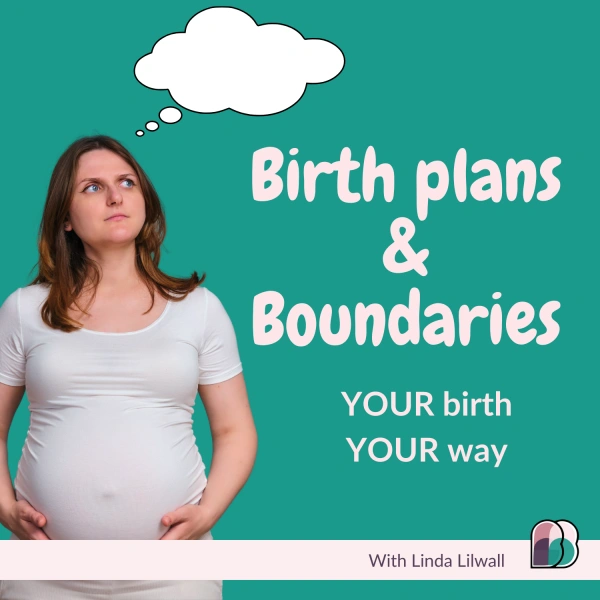
×

Feeling overwhelmed with exhaustion ?
Massive changes in all your body systems can cause overwhelming tiredness.
Hormonal changes, changes to the blood and increased metabolic rate as well as increased heart rate and breathing can cause the exhaustion to be so intense that concentration may suffer
Fatigue tends to be most common in the first trimester, but often occurs later in pregnancy as well. Carrying around all that extra weight can make you tire easily in the third trimester. In addition, you may have trouble sleeping if your growing tummy makes it hard to get comfortable. In extreme fatigue you may be tested for anaemia
Make time to sit with your feet up during the day, and accept any offers of help from colleagues and family.
Being tired and run-down can make you feel low. Try to look after your physical health – make sure you eat a healthy diet, and get plenty of rest and sleep.
As your bump gets bigger, it can be difficult to get a good night’s sleep. You might find lying down uncomfortable or that, just when you do get comfortable, you have to get up to go to the loo.
Feeling tired won’t harm you or your baby, but it can make life feel more difficult, especially in the early days before you’ve told people about your pregnancy.
Medical reasons for insomnia in pregnancy:
Occasionally, sleeplessness – when accompanied by other symptoms – can be a sign of depression. If you have any of the other symptoms of depression , such as feeling hopeless and losing interest in the things you used to enjoy, speak to your doctor or midwife. There is treatment that can help.
Frequent Urination
The need to use the bathroom frequently at night can disrupt sleep as expecting mothers often wake multiple times in the night for bathroom breaks. These frequent trips disrupt sleep patterns and can cause symptoms of daytime fatigue.
TOP 10 Pregnancy Sleep Tips
If you’re an expectant mother you shouldn’t let the potential for developing a sleep disorder scare you too much. For many pregnant women, sleep troubles can be fixed by following a few simple practices to minimise the risk of sleep disorders and maximise the amount of nightly sleep. Furthermore, many of the tips for sleeping while pregnant are also very useful sleep tips for just about anybody suffering from sleep loss.
Its never too early to start your hypnobirth relaxation and to develop calm and confidence. Here’s a link to some free resources to supplement what we offer at from bumps 2 babies
https://www.kghypnobirthing.com/hypnobirthing-free-resources/
10. Some essential oils such as lavender sprinkled onto your pillow can induce deeper sleep or add a few drops to your bath before bedtime, lie back and inhale the aroma
Long gone are the days when fathers-to-be are left waiting in the wings to hear the announcement of their child’s birth by the attendant midwife or doctor. Instead, more partners than ever are playing an active role in the birth of their child. Birth partners are...
Let’s explore what affirmations are, how they help to prepare your mind for labour and birth and support you in accessing your bodies natural pain relief in labour.
So, the giddy excitement of discovering you’re pregnant has now been replaced with the reality & responsibility that you are actually growing a new life inside you which you want to protect and nurture at all costs. You might feel clueless about what to do next....

Linda Lilwall is a Private Midwife with over 30 years of experience and has helped welcome over 700 babies into the world.
She has a wealth of experience and is passionate about helping couples find their power as parents .
Her goal is to instil confidence through education and support, so that families are prepared for their journey into parenthood.
0 Comments